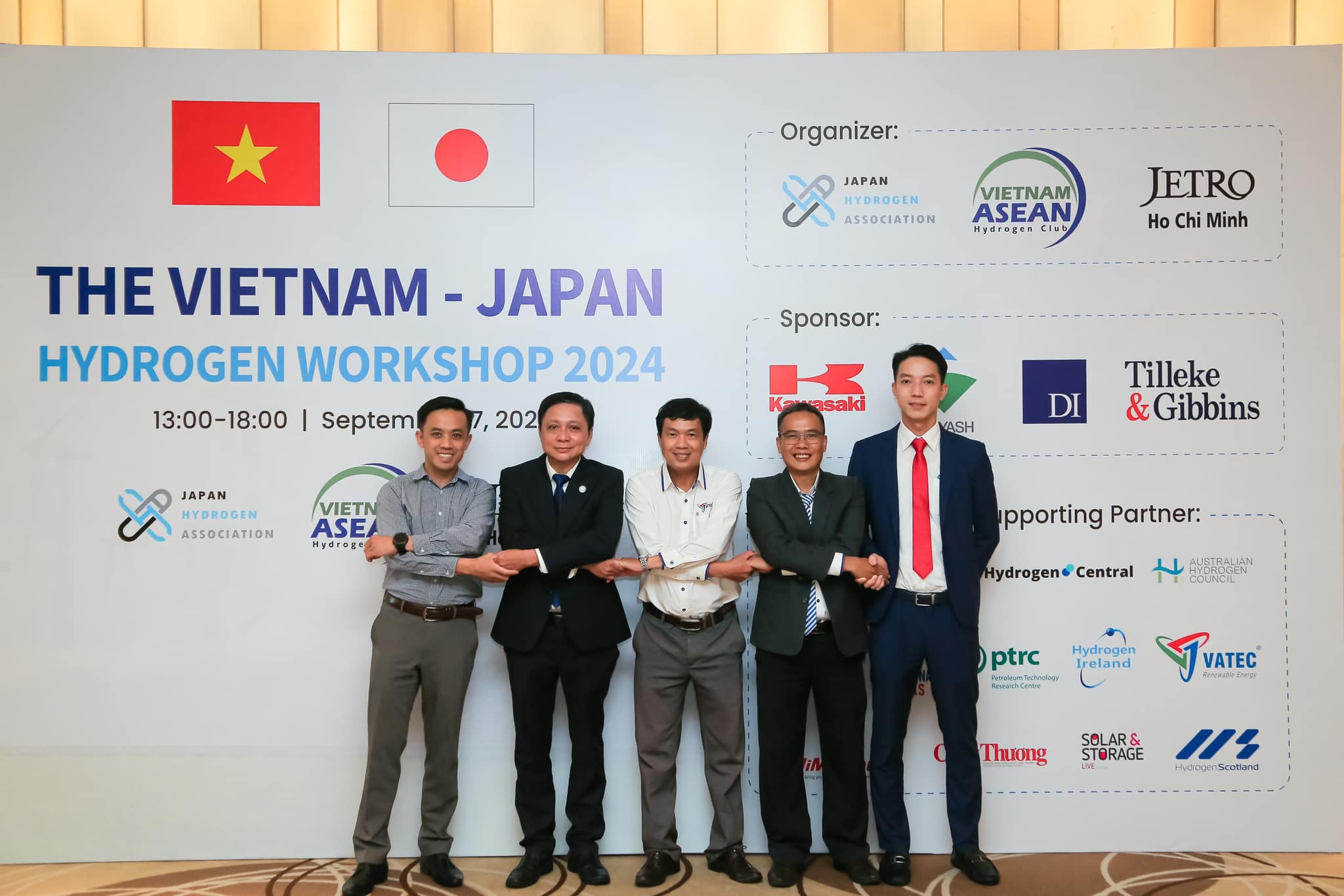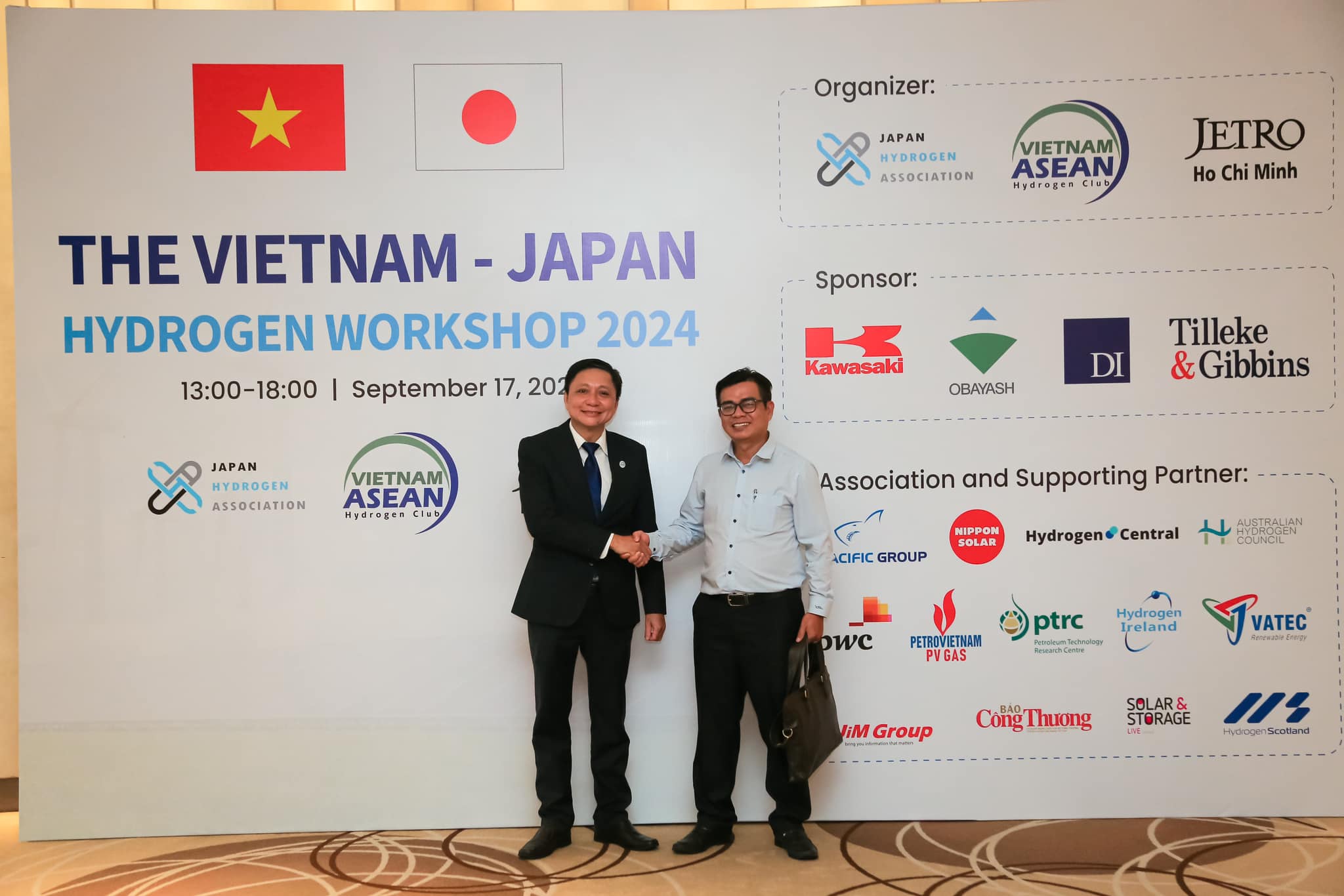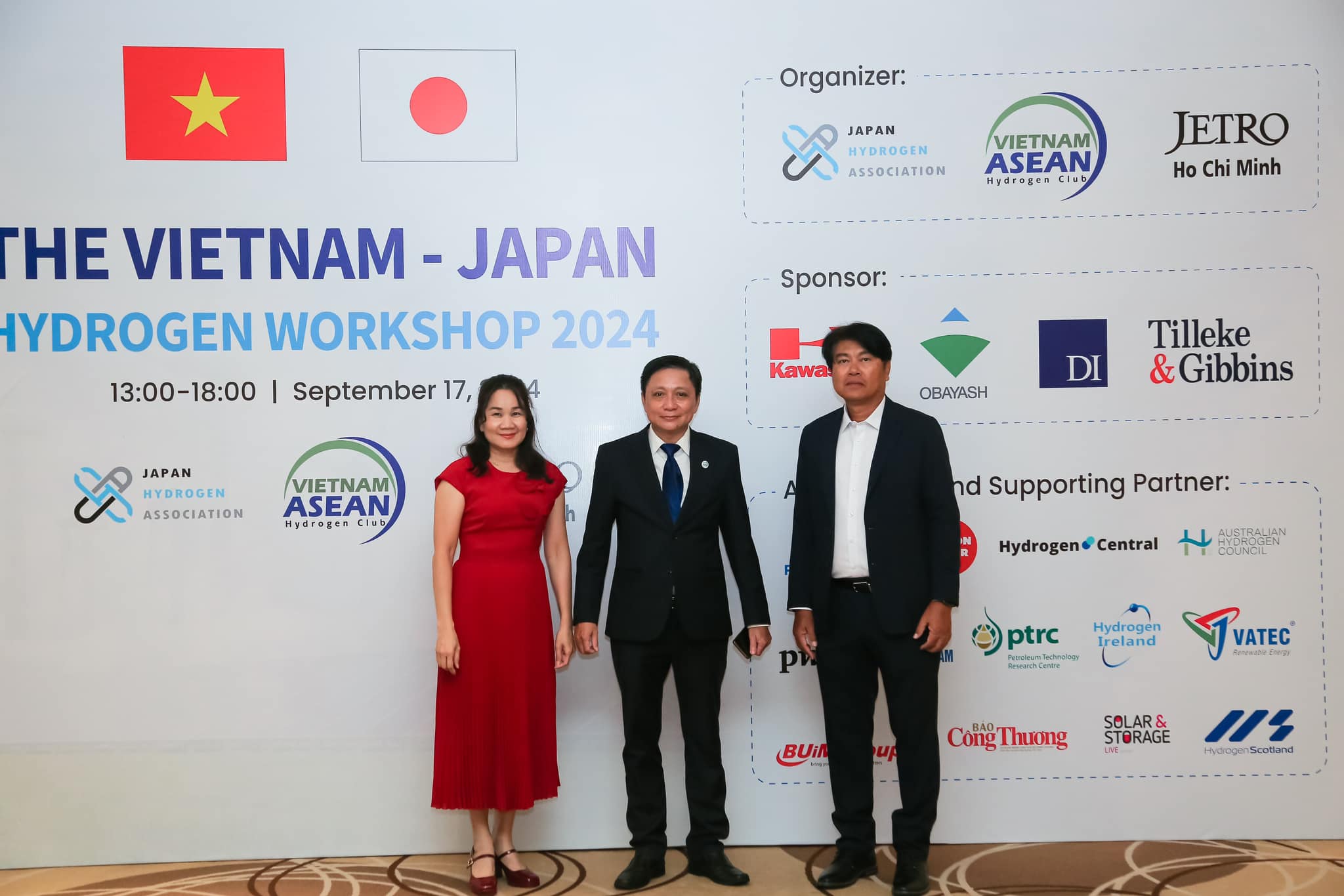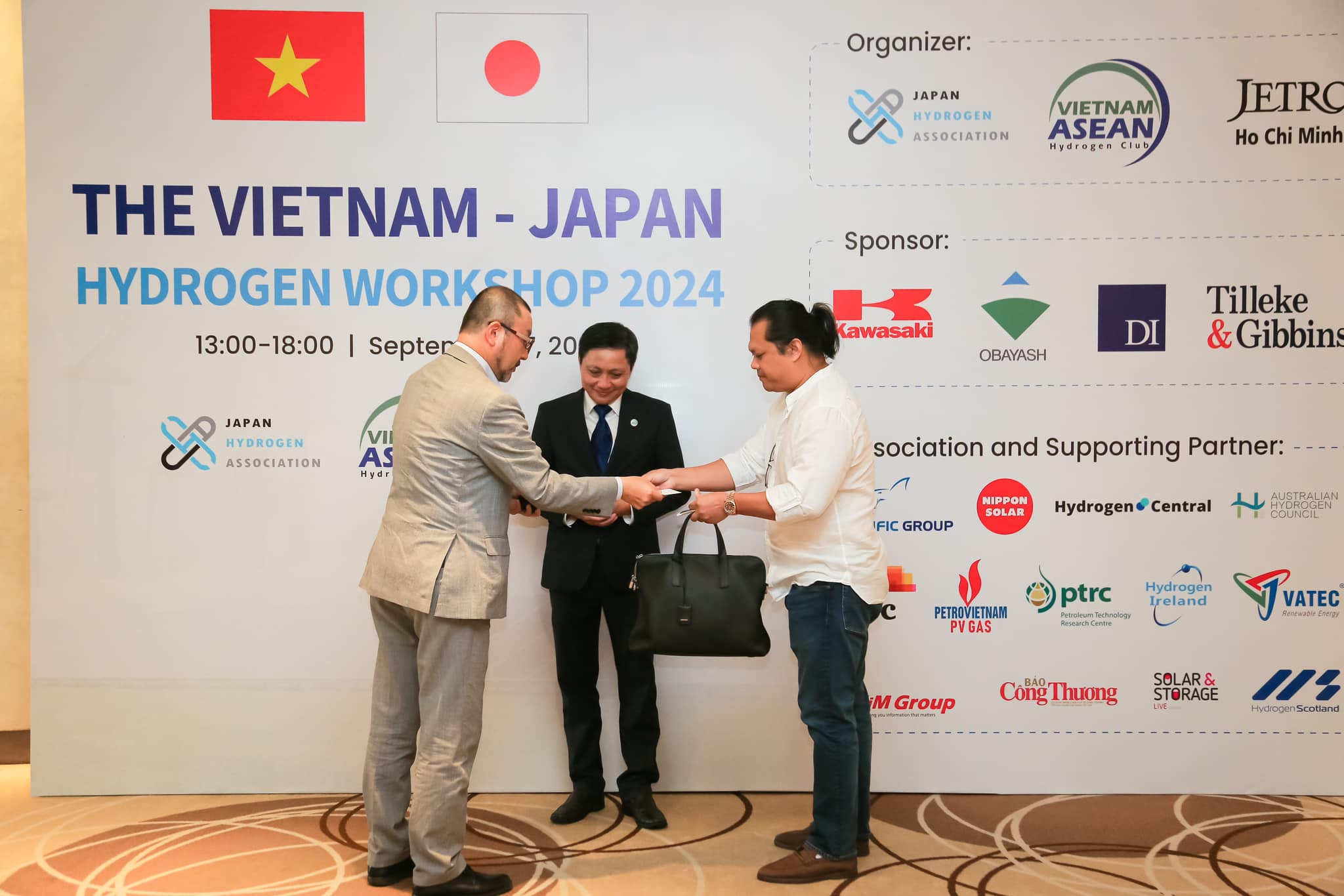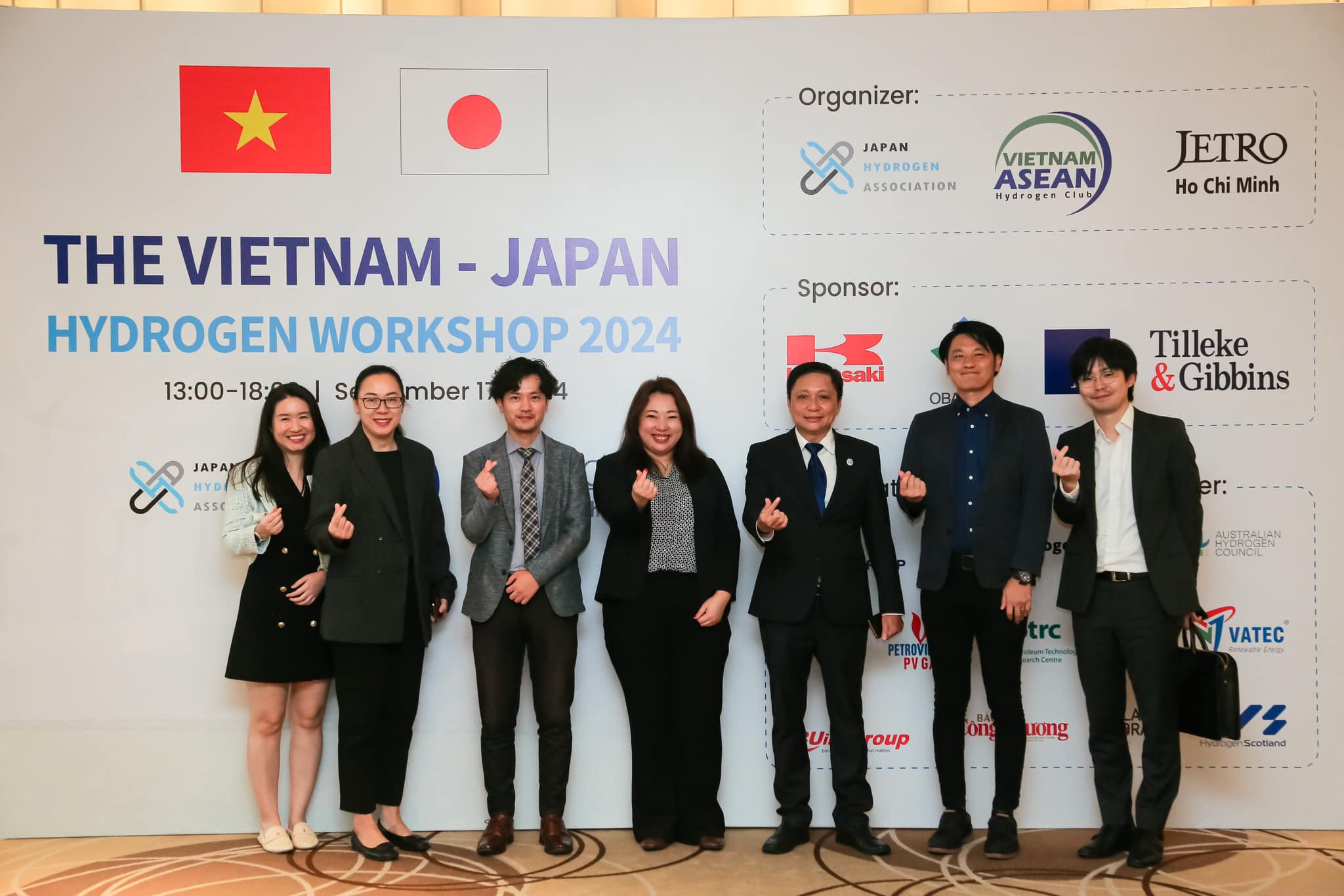Summary of the Vietnam Japan Hydrogen Workshop 2024 on September 17 2024, Summary Number 1
Edited by VAHC's Secretariat
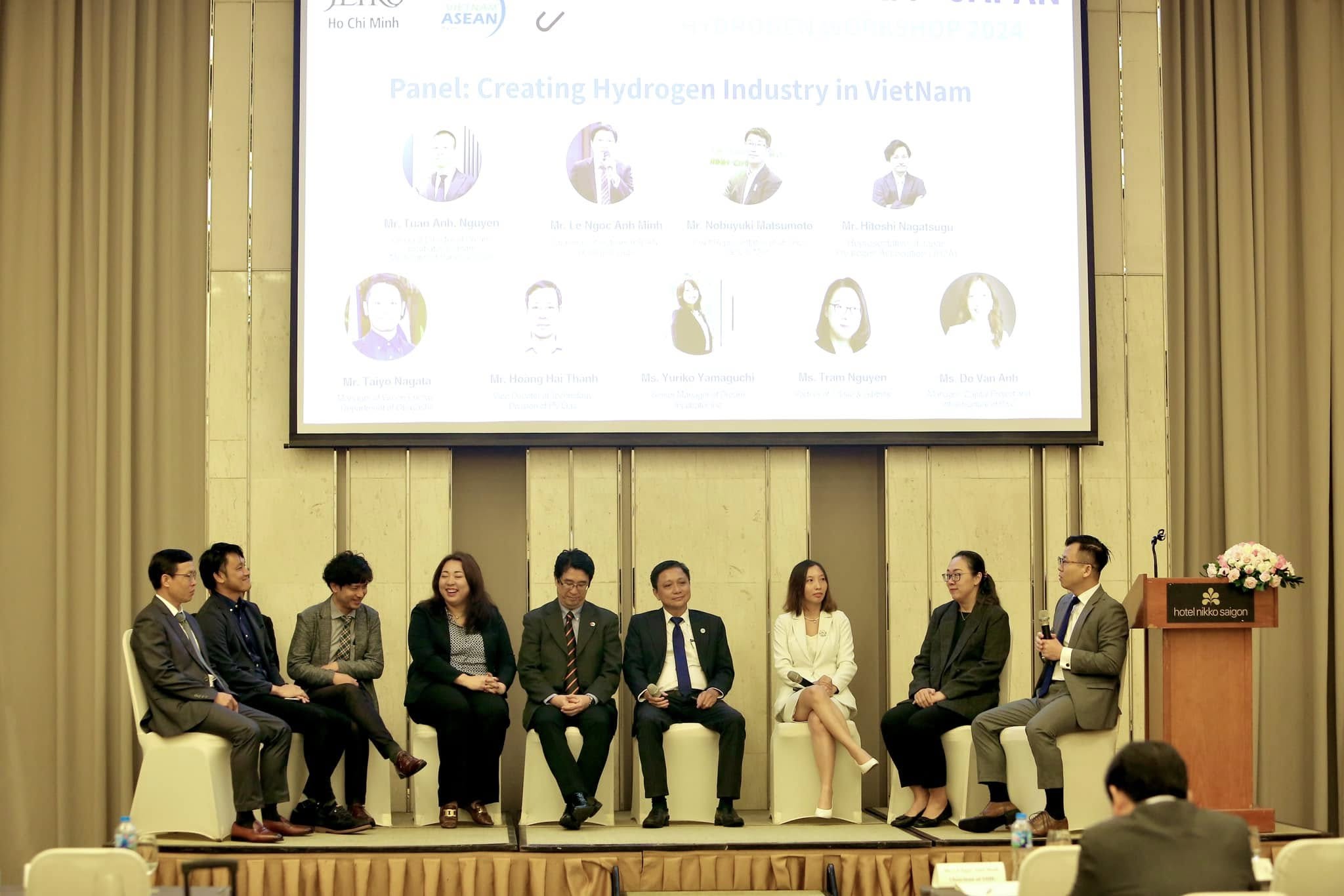
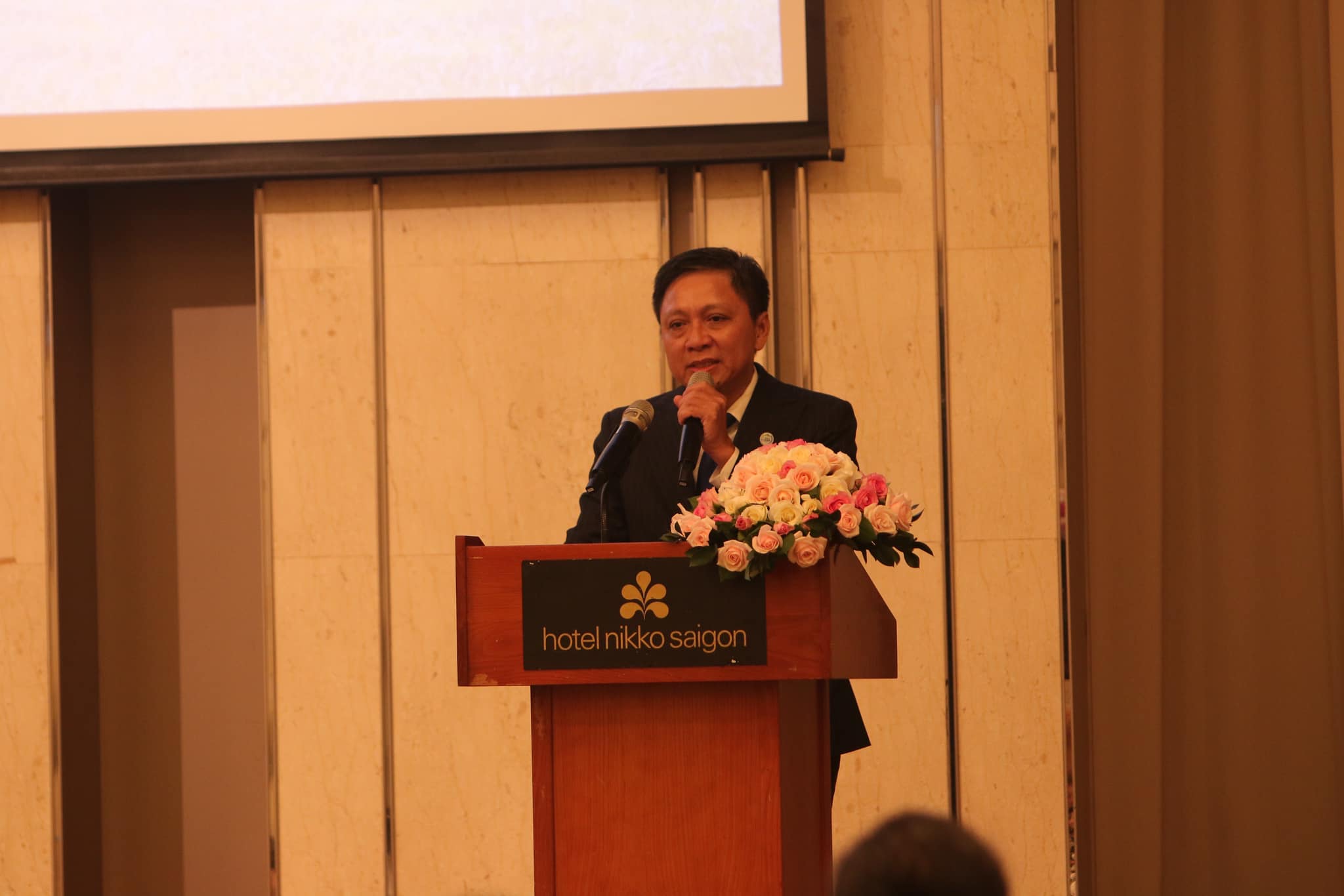
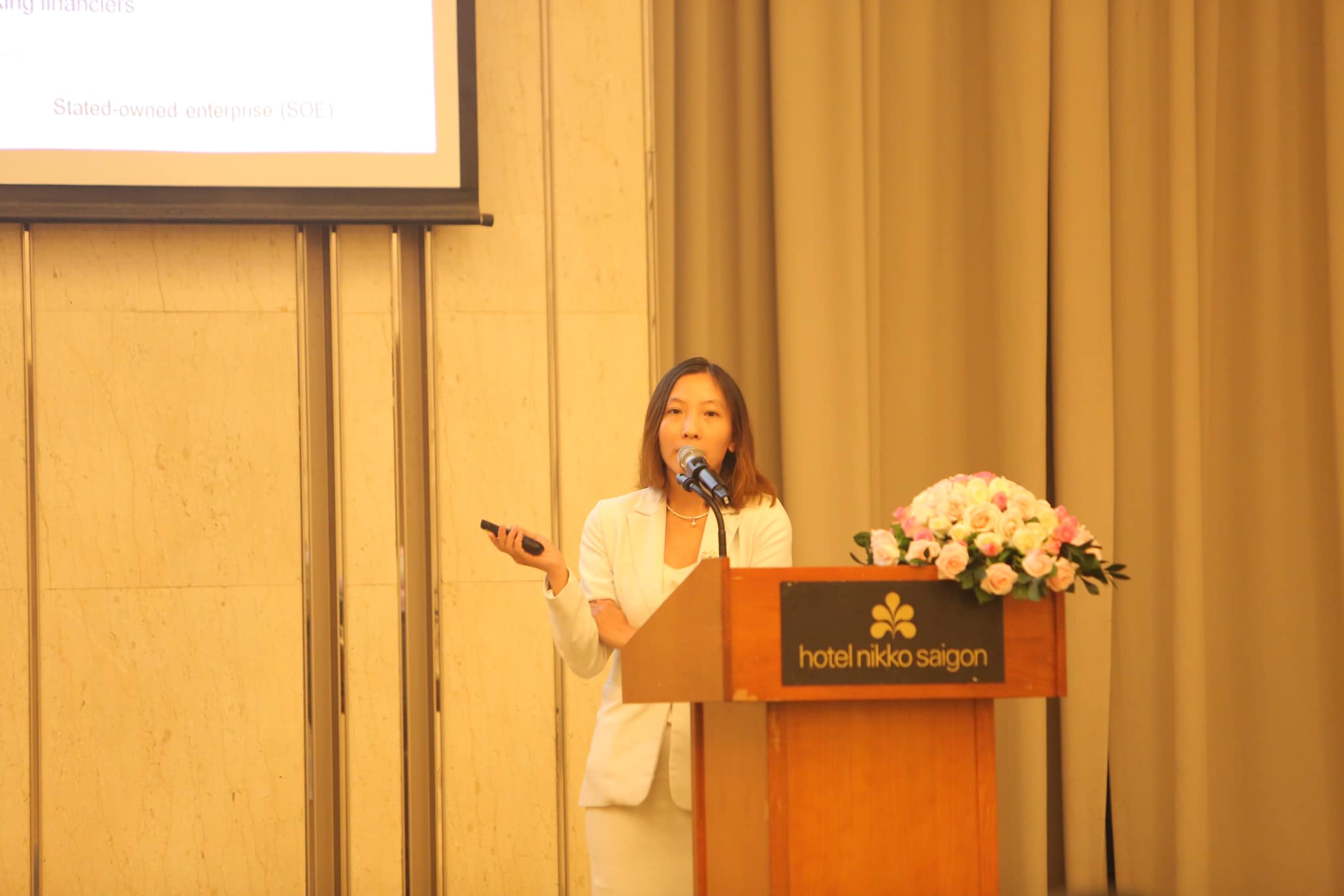
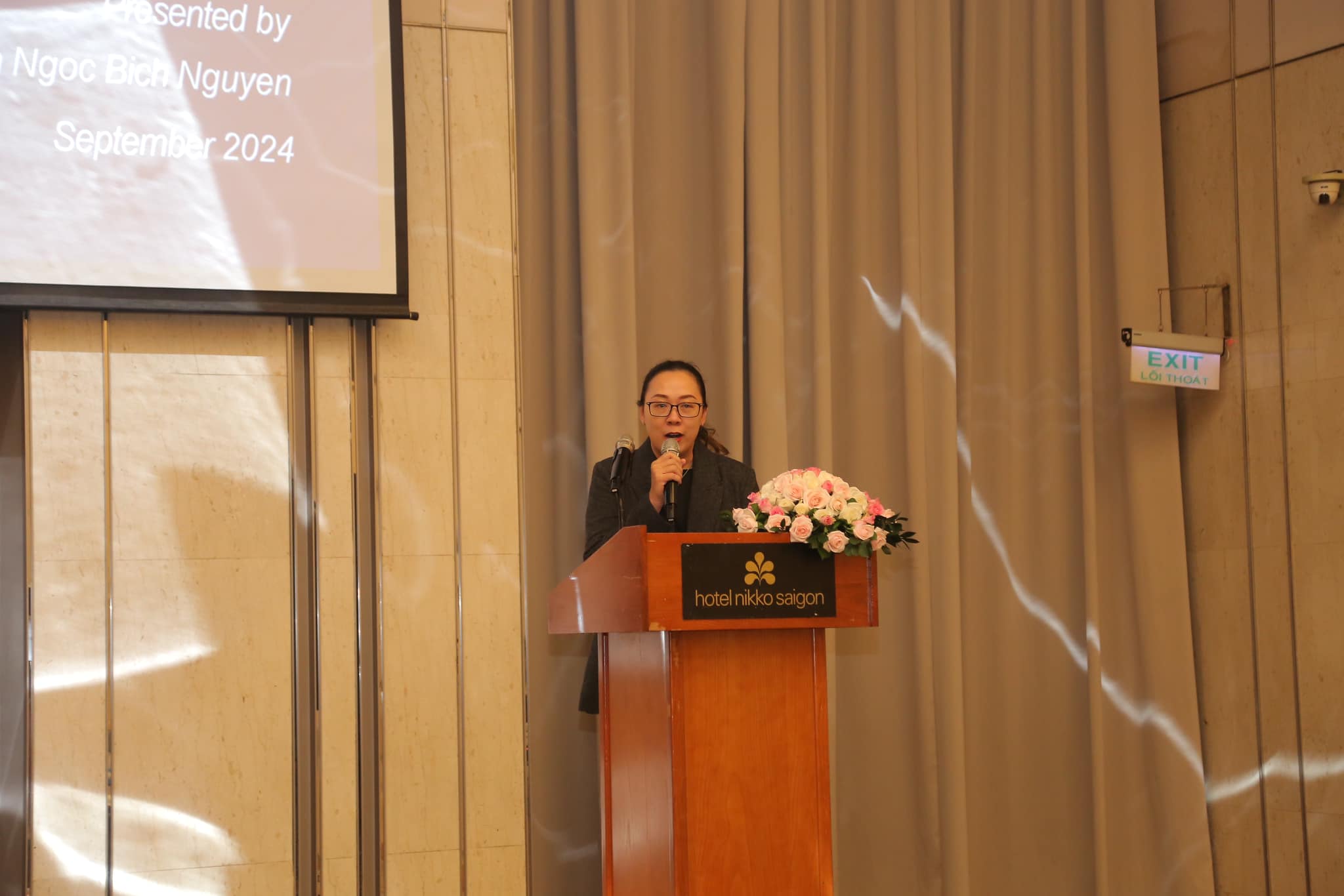
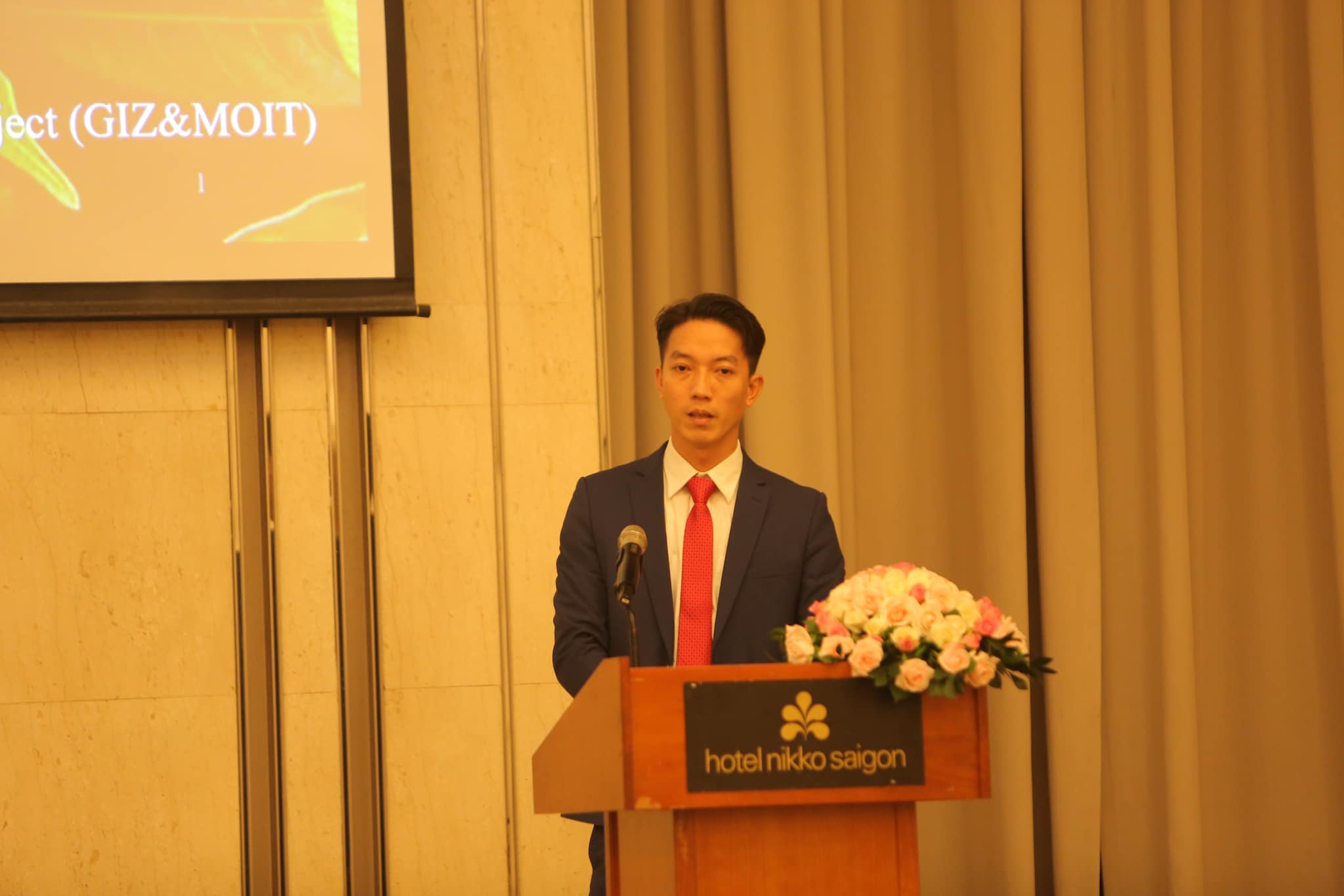
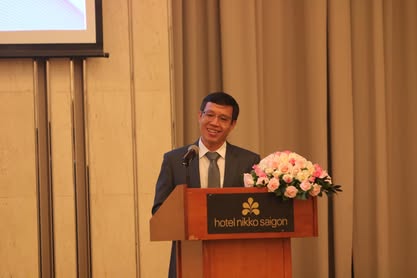
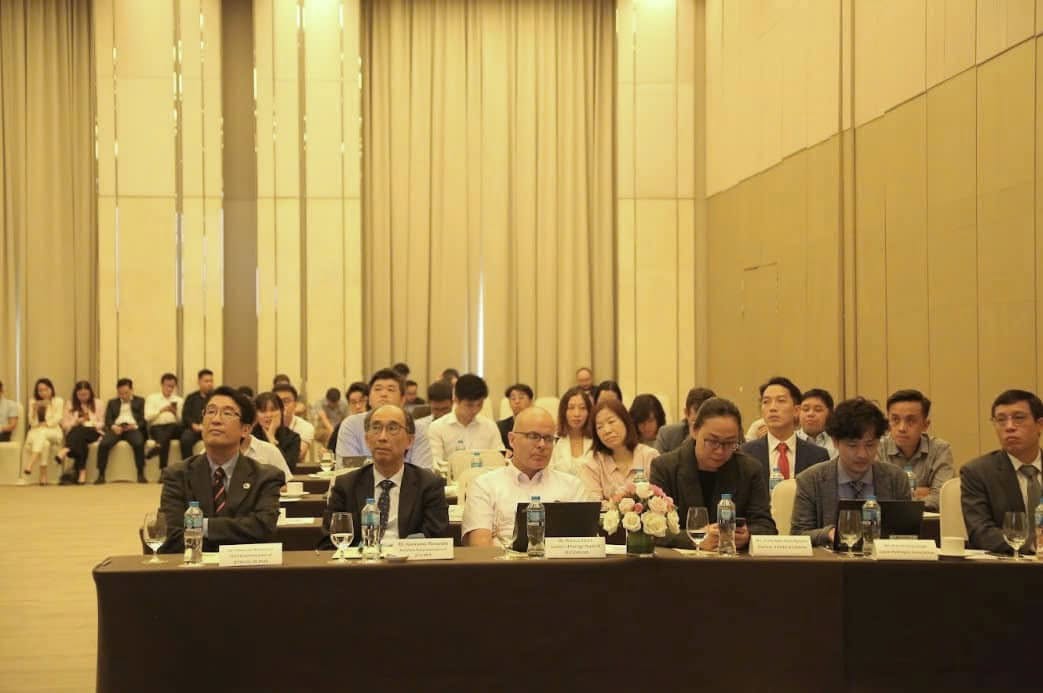
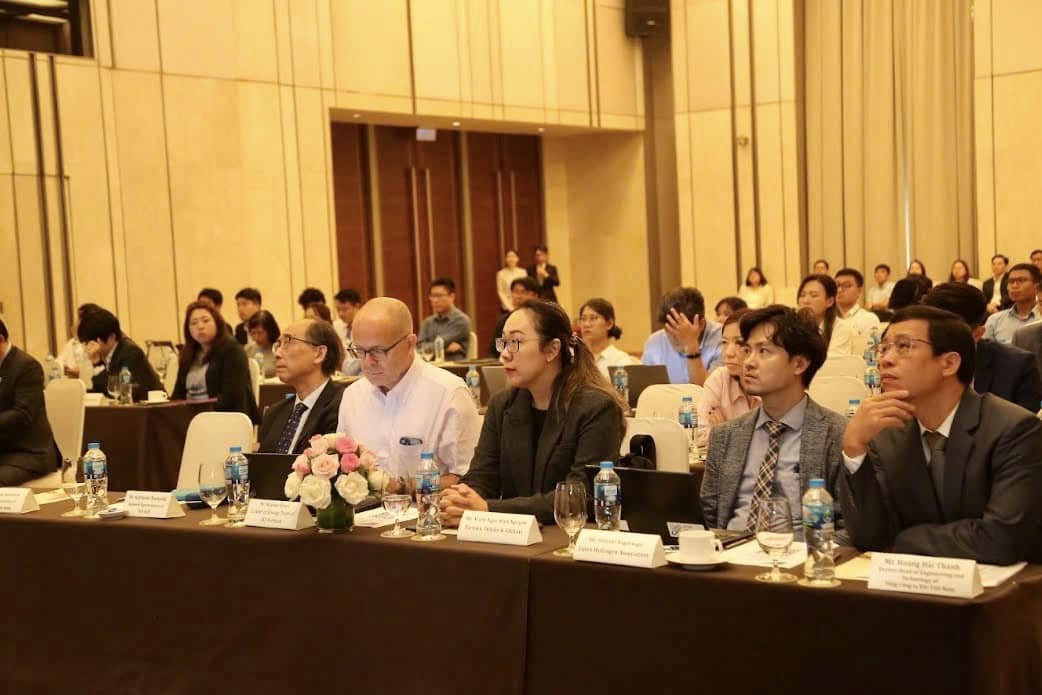
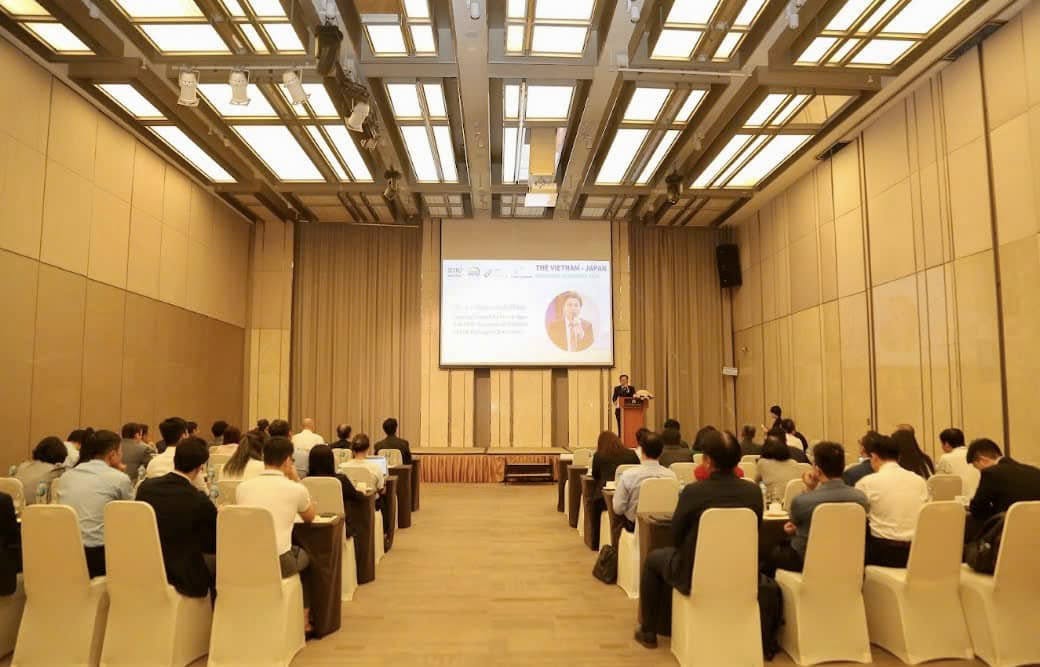
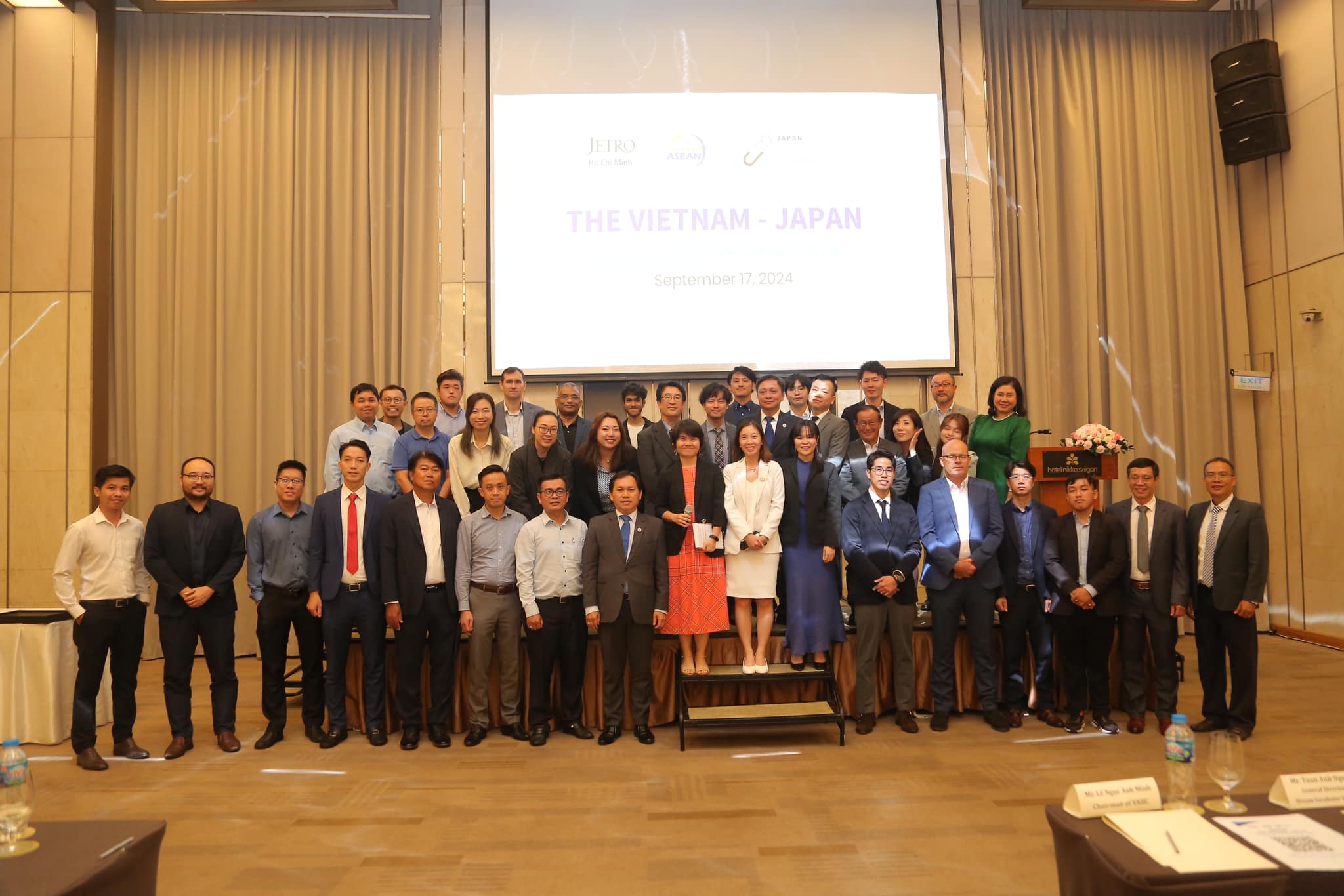
VAHC would like to express our thanks to Japan Hydrogen Association (JH2A), JETRO Ho Chi Minh for your support and co-organizing the Vietnam Japan Hydrogen Workshop successfully at Hotel Nikko Saigon on September 17, 2024
We would like to say thanks to the sponsors of the Workshop including Kawasaki Motors Vietnam, Obayashi Corp, Dream Incubator, Tilleke & Gibbins.
We would like to say thanks to delegates who attented our Workshop till the final moments, the delegates from VAHC, JETRO, JICA, JH2A, Kawasaki, Obayashi, Neuman & Esser, Itouchu, Sovico, Ecoplexus, GIZ Energy Team, PV Gas, Trung Nam Group, The Green Solution, H&M Vietnam, PwC, Kenzen Consulting, TUV, VATEC, SMBC, Phu My 3 SIP, BP Logistics, Dat Do IP, Phuoc An Port, Mitsubishi Estates, Mitsubishi Corp, Toyota Tsusho, NYK, BP Logistics, TuoiTre Newspaper, Pacific Group, CSVC, Nippon Sanso, Sojitz, HBRE and several other delegates
Below is the Summary of the Workshop:
The Vietnam Japan Hydrogen Workshop 2024 started with a welcoming speech by the Chairman of VAHC Mr. Le Ngoc Anh Minh. Mr. Minh brief about the establishment of VAHC and its activities since March 2024. VAHC is proud to have established with Japanese partner such as Obayashi Corp, Nippon Solar and other Vietnamese partners. VAHC made good activities of international collaboration such as signing MOU with JH2A, Hydrogen Scotland, Hydrogen Ireland and Australian Hydrogen Council. VAHC is broadening international collaborations in the time to come and this was the 2nd Hydrogen Workshop that VAHC organized after the 1st one with GIZ and AHK (Vietnamese German Hydrogen Workshop) on August 1, 2024.
Mr. Nobuyuki Matsumoto, Chief Representative of JETRO Ho Chi Minh made presentation about Japan Hydrogen Policy and Cooperation with Vietnam. Japan is the first country in the world introduced the national hydrogen strategy, in 2017 and updated in 2023. Japan announced net-zero 2050 target in 2020 (Vietnam announced in 2021). Japan determined hydrogen and ammonia is one of priority areas in the Green Growth Strategy in 2020. Approximately 13 billion US$ fund has been established named Green Innovation Fund and Hydrogen/ammonia as key parts of the strategy under the Green Transformation Promotion Act in 2023. Japan enacted a new Hydrogen Society Promotion Act in 2024 (to be enforced this autumn).
According to Hydrogen Society Promotion Act (Passed on May 17th, 2024), Hydrogen and its derivatives (i.e. ammonia, e-fuels and e-methane) are key enablers for achieving carbon neutrality in the industrial sectors, including iron and steel, chemicals, mobility, and power generation sectors. The government will provide supporting measures to the approved hydrogen business plans to promote supply and utilization of low carbon hydrogen and its derivatives.
Support Focusing on the Price Gap: The government plans to provide a 15-year support to suppliers who aim to develop a commercial-scale supply chain of low-carbon hydrogen and its derivatives which meets Japan’s primary energy policy. (i.e. S+3E: Safety + Energy Security, Economic Efficiency, Environment)
Key requirements
- Supply to hard-to-abate sectors, such as steel, chemical and transportation industries
- Start supply by FY2030 and must continue for another 10 years following the support period
- In the approval process, business plans are to be reviewed holistically from Japan’s energy and GX policy perspectives
About Japan Hydrogen Hub Development Program: The Hydrogen Hub Development Program supports the establishment of infrastructure which leads to large-scale expansion of the use of low-carbon hydrogen and its derivatives and widely benefits a variety of companies, with an aim to stimulate demand creation and the efficient buildout of hydrogen supply chains. The Program will subsidize a portion of the CAPEX for developing “facilities necessary to transport low-carbon hydrogen from the receiving terminal to the point of actual use by consumers and used by multiple companies (e.g. shared pipelines and tanks)”
About Hydrogen Industry Strategy: Aim to expand the use of hydrogen both domestically and internationally by determining areas where the market is expected to emerge relatively quickly, where the market size is large, and where Japanese companies are thought to have technological advantages.
About Technology: Use of Ammonia for Co-firing at Thermal Power Plants: As Japan’s original technology, stable combustion and controlled NOx emission with 20% of ammonia conversion have been already achieved. A demonstration project at the operating commercial power plant (1GW) started this April and was completed this June. High ratio (50%-) conversion and ammonia mono-firing technologies will be developed by FY2024 in the test furnace. Large-scale demonstration for the technology will be completed in FY2028 and is expected to start commercial installation in the early 2030’s.
About Technology: Ammonia Gas Turbine. Ammonia firing can be applied not only to coal-fired power plants, but also to gas-fired power plants. 2MW class gas turbine for ammonia single-fuel firing is being developed. This is expected to be completed by the end of FY2025, two years ahead of the original schedule. As an objective of this technological development, this single-fuel firing turbine is expected to be commercially installed in Malaysia in FY2026. Development of large-scale gas turbine is ongoing with an aim to develop 100% ammonia gas turbines by 2030.
Japan collaborates with Vietnam: Memorandum of Understanding with Vietnam Electricity(“EVN”) for collaboration on Decarbonization Roadmap development and Feasibility studies of hydrogen and ammonia supported by METI. Various MOUs in the context of AZEC.
The next speaker is Mr. Hiroshi Nagatsugu, Representative of Japan Hydrogen Association (JH2A) speaking about Activities of Japan Hydrogen Association. (to be continue at Summary Number 2)
